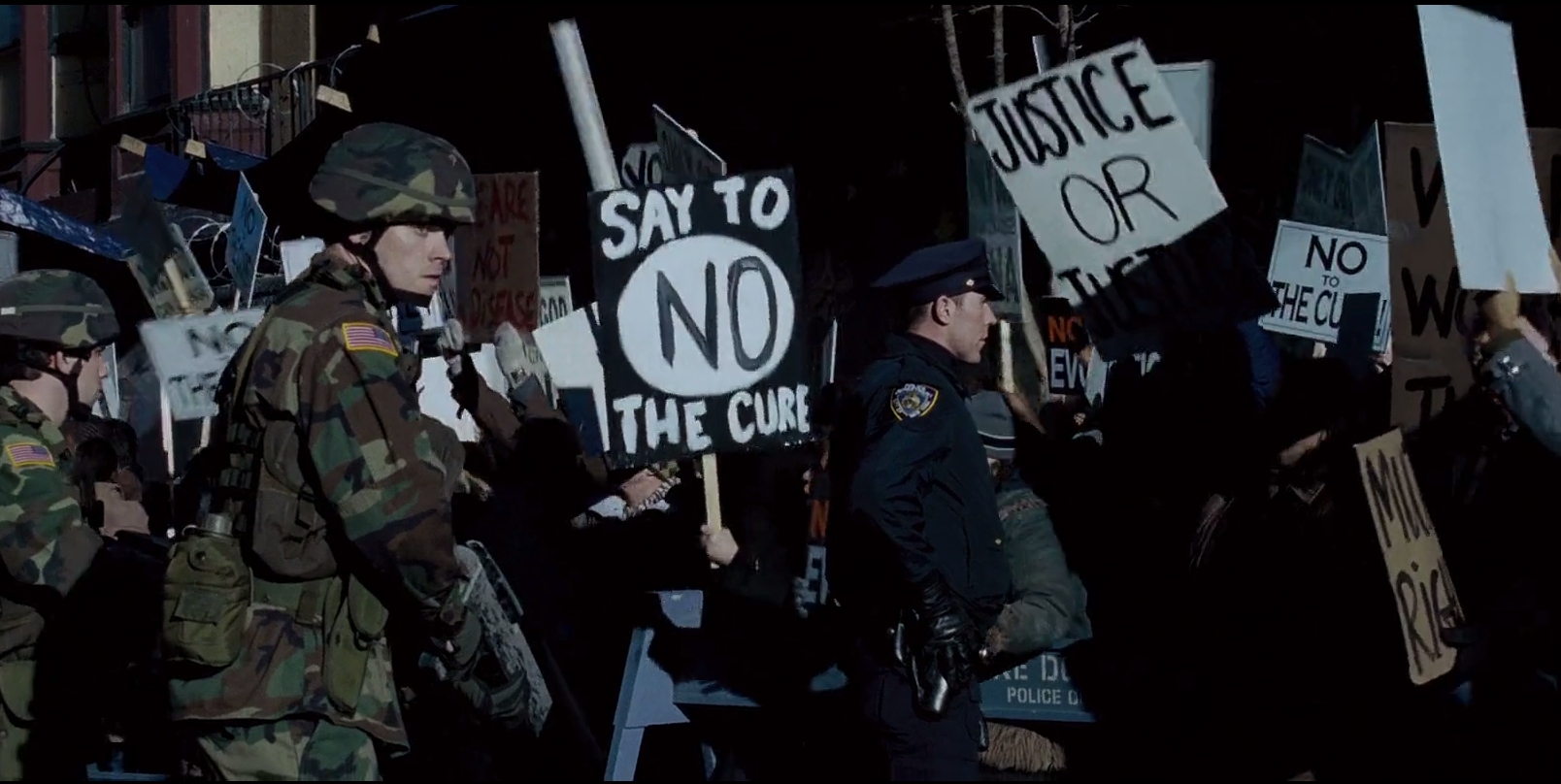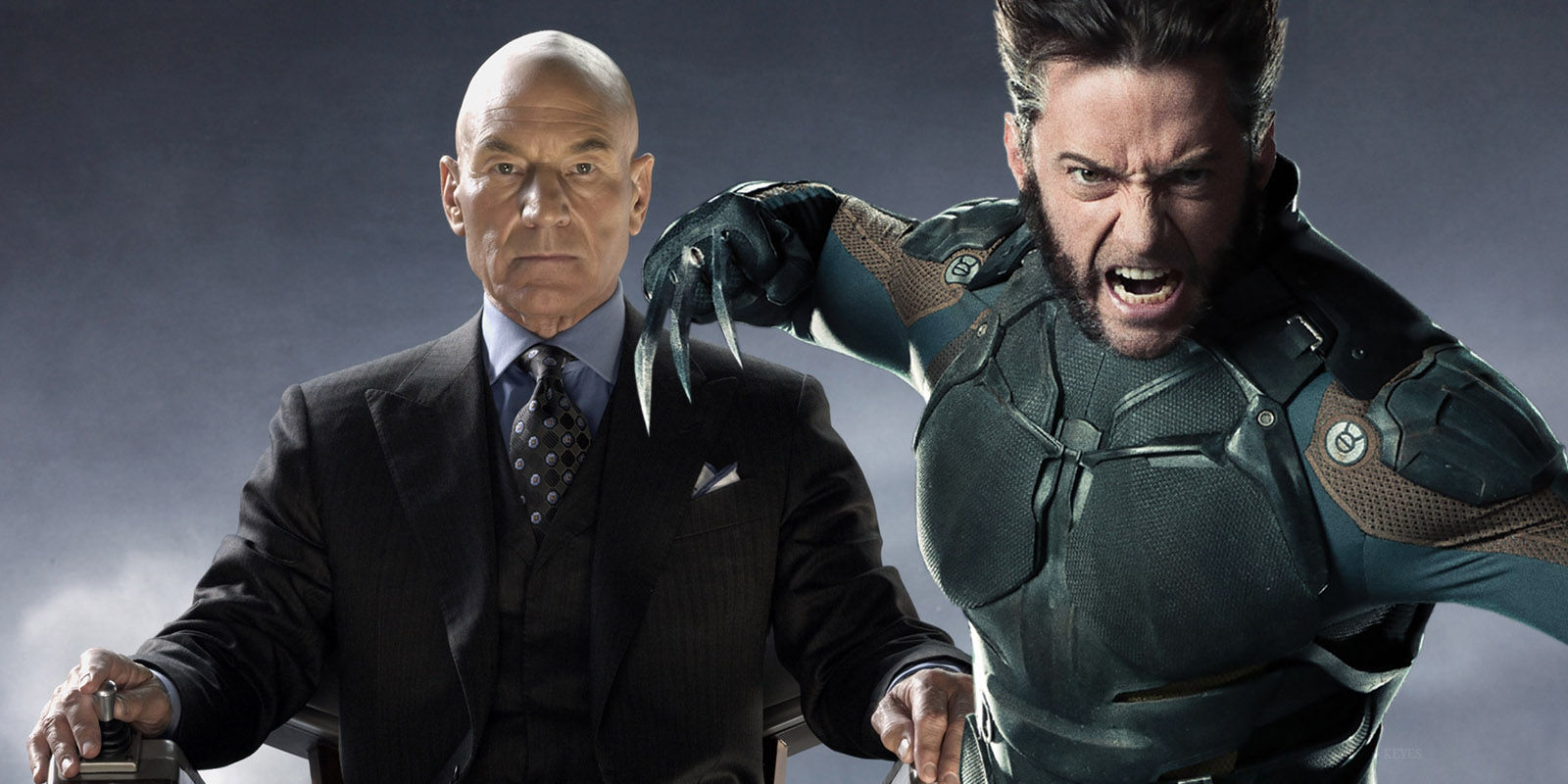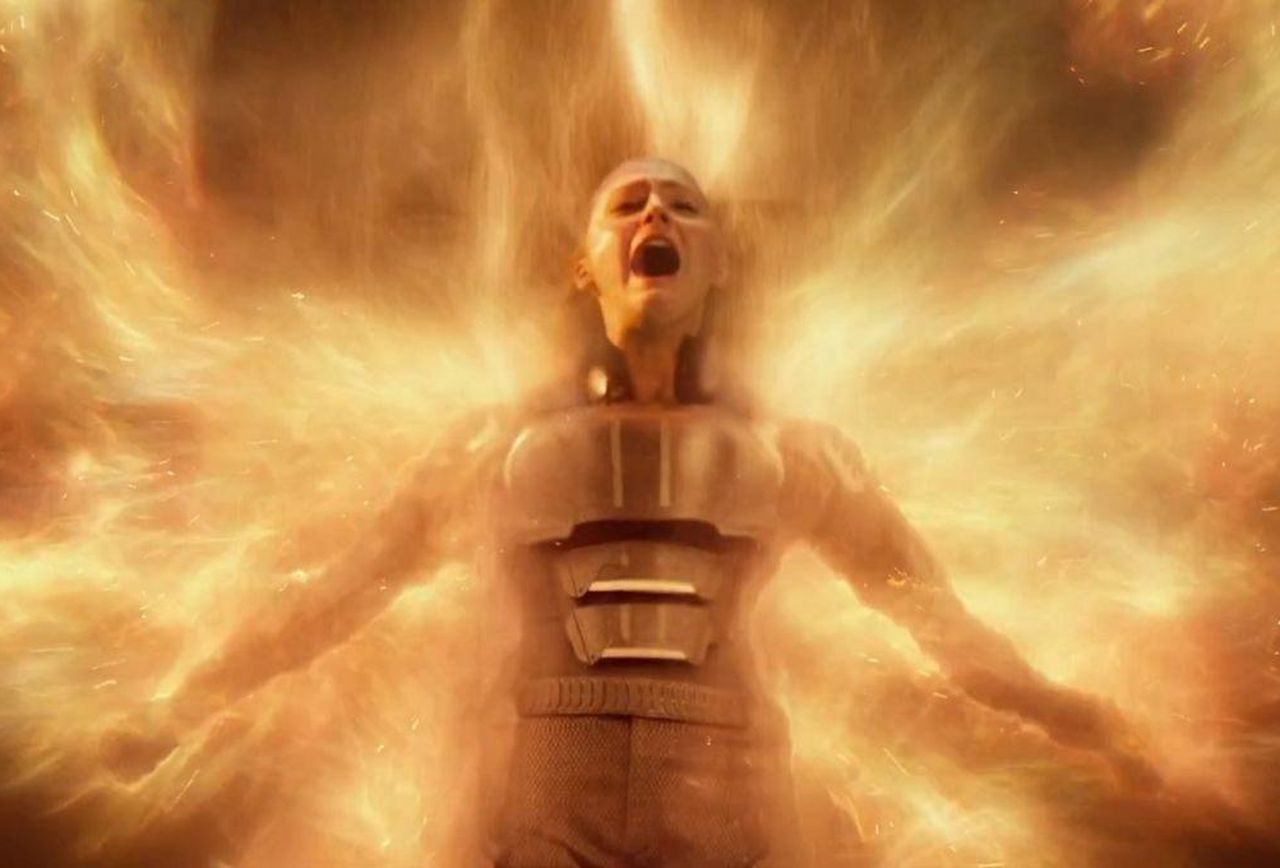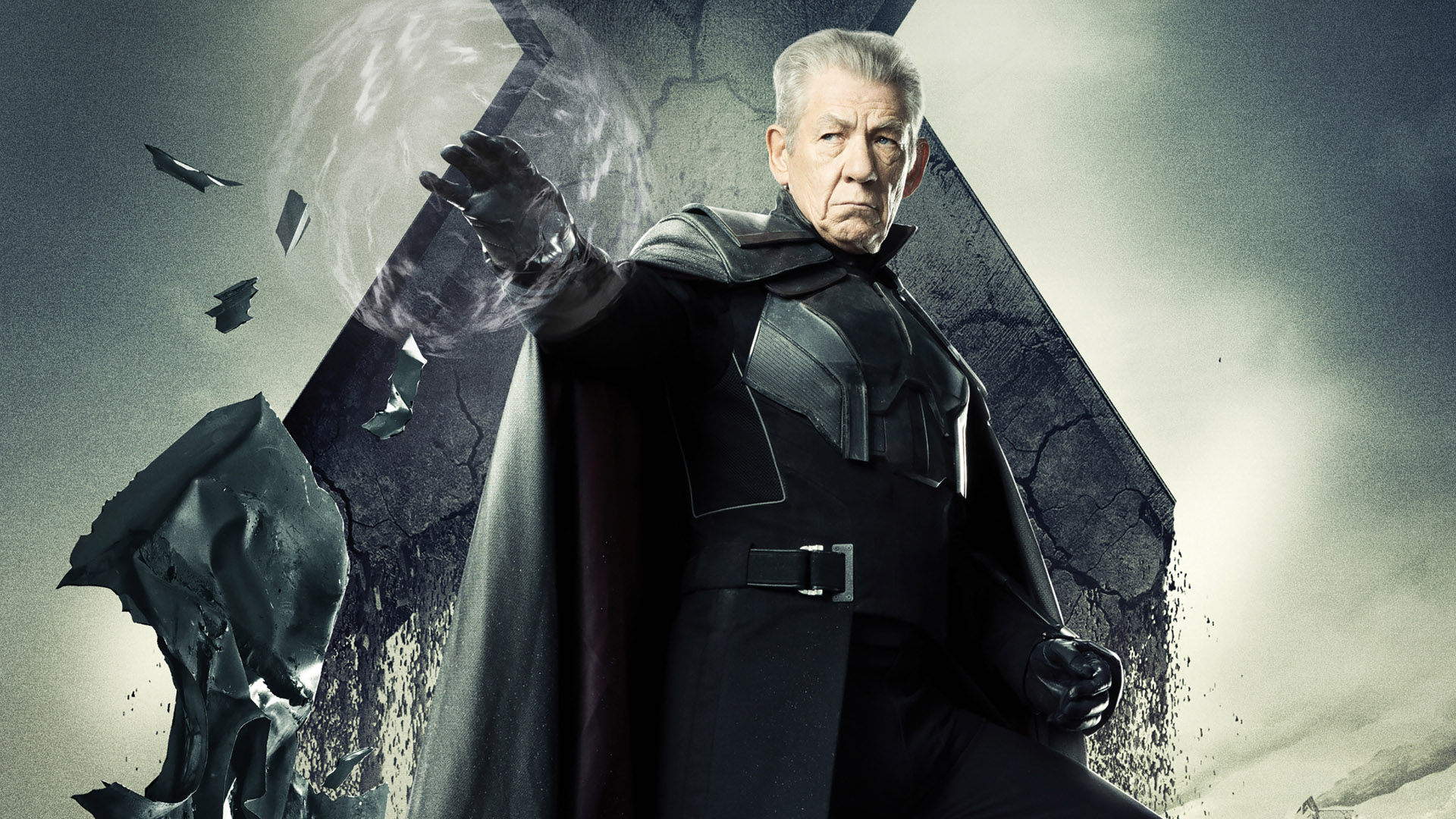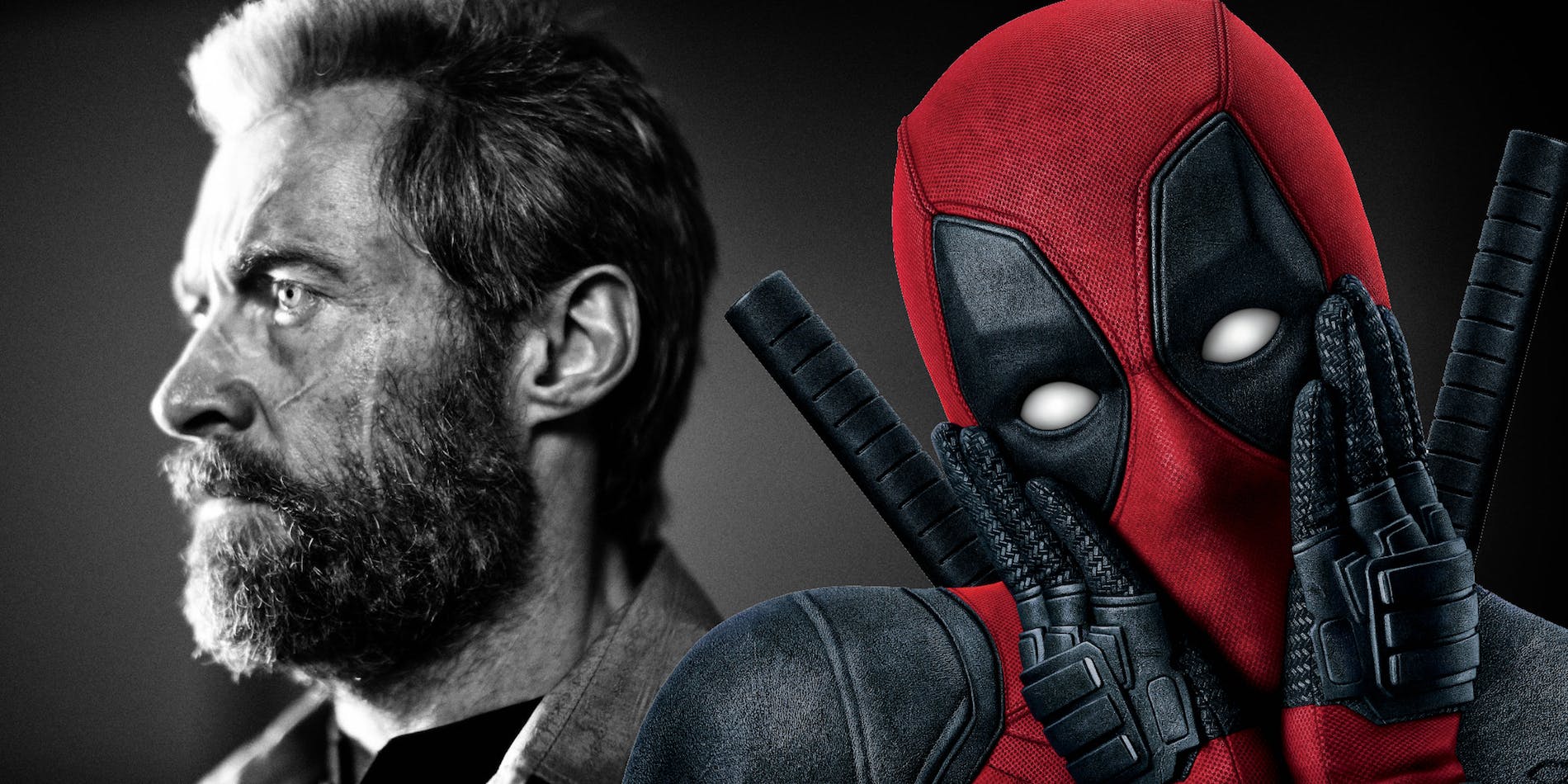Not all of them painful mind you. There was a time not so long ago when Fox’s X-Men franchise was the standard of what comic book films should strive towards. For that, they will always inhabit a place of honour in the genre. But now, the mantle has been passed and here are five things Disney needs to remember from their predecessors when dealing with the X-Men.
1. Succeed With Social Commentary
Before things went full on bonkers and dystopian from Days of Future Past onwards, there was a time when the X-Men films presented themselves as grounded and gripping allegories for societal discrimination. I mean honestly in X2: United, there were some pretty overt references to people “coming out of the closet” if you know what I mean. Some of it was a little heavy handed at times but at no point did it ever felt irrelevant. Probably due to Simon Kinberg and Singer’s reverence for the source material and its message. It’s a story about a misunderstood people struggling to coexist with a hostile world, while at the same time battling their worst tendencies in the form of Magneto’s Brotherhood of Mutants. So if Disney is to keep one thing from the franchise, it should definitely keep its beating, bleeding heart.
Previous films like X-Men Origins: Wolverine, The Wolverine, Apocalypse and Dark Phoenix failed to engage with their audiences for a litany of reasons. But chief among them was the lack of relevancy or cultural urgency in its setting, story and characters. Eventually, as time went on, the uncomfortable reality of prejudice found in the first three films (yes even Last Stand) was notably missing in future films. I get that there’s nothing particularly sexy to market about social justice for minorities in the form of mutants but that’s what makes this property unique. They’re not the clean-cut Avengers with their fancy gadgets and PR appeal. They are the outcasts, the remnants of a people society do not wish to acknowledge. Don’t turn them into another branch of the Avengers or downplay their status in society. Rather find new and interesting ways to tell the same, timeless message.
2. A True Team
If there were any real complaints levelled against the first two films, X-Men and X2, one of them would definitely be the films being too Logan-centric. Wolverine is one bonafide badass for sure but there were times when we wished the other mutants got a chance to shine. For goodness sake, the franchise made three whole spin-off films dedicated to the man alone. Eventually, Fox would take the hint and give other mutants some time in the spotlight. Arguably the three most developed characters out of the post-Days of Future Past timeline are Charles Xavier, Erik Lehnsherr and Raven Darkholme, better known as Mystique. Quicksilver and Nightcrawler got a chance to flex their abilities in some truly impressive spectacle but the rest of the cast’s presence still felt hollow. Which is probably why Jean Grey’s sudden transformation to power-mad Omega level threat came off as emotionally fangless.
Disney’s Marvel, on the other hand, has managed to make every single one of their characters matter in one way or another. Whether it’s Tony Stark sowing the seeds of future Avengers films like how Iron Man 3 affecting his mindset in Age of Ultron or Ant-Man’s comedic adventures that have him cross paths with Falcon. Even the most ardent critic must admit that the MCU has managed to achieve a commendable sense of chemistry in its colourful ensemble. Marvel should learn to avoid the mistakes of its forerunners’ past by centralizing the story arcs into a handful of recognizable characters. Give each member some room to breathe and at the very least, show us different mutant stories. We don’t want another “Wolverine’ show.
3. A Strong Setup
A problem that plagued the most recent instalments of the post-Days of Future Past saga, Apocalypse and Dark Phoenix, was the lack of build up to these major events. A villain like Apocalypse isn’t just another Willaim Stryker or Hela. He is a Thanos level threat of unimaginable proportions. Let me put it this way, he is quite literally the very First Mutant, if not the God of Mutantkind. He is a being capable of using any mutant ability he wishes. He could easily take up three movies given his comic book pedigree. Instead, Fox decided to introduce him as a throwaway cameo at the end of Days of Future Past before having him taken out in Apocalypse by Jean Grey. Barely any proper setup to flesh out Apocalypse, his motivations or even his bloody abilities!
I remember watching it in the theatre with my friends and every few minutes, they were asking me who he was or what he was all about. And they’re fans of the film series! Then out of nowhere, we see Jean Grey tap into what looks like her Phoenix Force before incinerating Apocalypse. She isn’t even supposed to have those abilities until Dark Phoenix. That’s just lazy writing. Speaking of Dark Phoenix and bad writing, the film sees Jean Grey’s meteoric rise to megalomania faster than you can say “Brett Ratner”. I mean, why start from scratch with Jean losing control from the Phoenix Force after the space mission? Wouldn’t it make more sense to build up from her reveal in Apocalypse? Disney should take their time to thoughtfully and methodically lay out their entire timeline for their new X-Men films, lest they fall victim to mindless spectacle.
4. The Art of the Anti-villain
In the past, I would readily proclaim that Erik Lernsherr as one of the greatest comic book film villains of all time. But the truth of the matter is, I was wrong. Magneto isn’t exactly a villain. In fact, he fits more into the category of an anti-villain. I’ll elaborate. We all know that an anti-hero is a morally dubious character who will at times fight on the side of good for his or her own selfish purposes. An anti-villain though will use whatever means necessary to achieve a good and just cause. Honestly, if you think about it, Magneto is righteous in his beliefs. A victim as a boy and now a vindicator as a man. He is the avenging angel of a persecuted people. And while you’re watching his exploits on screen, somewhere deep down inside you, you know he’s right. Say what you want about Fox but they mastered the craft of the anti-villain.
You might be saying at this point: But wait! Aren’t there characters like Thanos and Killmonger who fit the bill? While they do start out as anti-villains, they eventually lose sight of their vision in favour of their more selfish sentiments. Killmonger at the end of the day would have brought Wakanda to ruins get his revenge. Thanos for all his moral posturing took great satisfaction in inflicting pain on others. Magneto however never lost sight of his goal. The safety and security of his people in a world that hates him and his kin. In spite of his actions and methods, we could always sense his love and devotion for mutantkind. He’s hesitant to engage with Charles and his X-Men but will reluctantly do so for his cause. The MCU has tried to do anti-villains in the past with Ultron, Killmonger and Thanos but one way or another they disqualify themselves from the category. They should take a page from Fox and do it right with Magneto.
5. Curbing Creative Constraints
Now R-rated comic book films aren’t anything new, one only needs to look at the cinematic adaptation of Alan Moore’s graphic novels (Watchmen and V For Vendetta) or Frank Miller’s (300 and Sin City). They’re great in their own rights but are mostly relegated to the realm of cult status. Fox Studios, however, changed the game and broke new ground with Deadpool and Logan entering into the mainstream cultural consciousness. Even now in the final moments of this dying franchise, they’re still determined to explore uncharted waters with what could have been the very first horror superhero film! Sadly Brightburn had already beaten them to the punch…but still! During Fox’s run of the X-Men, the studio strove to take creative risks in innovating their properties. Disney is still hesitant to jump into the deep end.
We covered in the past why if Disney got their hands on Deadpool, they really wouldn’t know what to do with him. The company has had a dubious past of clashing with auteur directors like Edgar Wright and Lord and Miller over their lack of adherence to studio vision. While it’s true that Disney’s Marvel has made some strides in their mixture of genres and progressive film premises, we still can’t quite shake the feeling that they all follow a very, specific hero archetype. It’s a brave new world for comic book films and there’s simply no room for stagnation. If the MCU is to truly become more than the sum of its parts, more creative liberties must be afforded to directors and writers. It doesn’t have to happen all at once. Hopefully, by the time the X-Men make their way into the MCU, all the complexity and diversity the team represents will be embraced.
